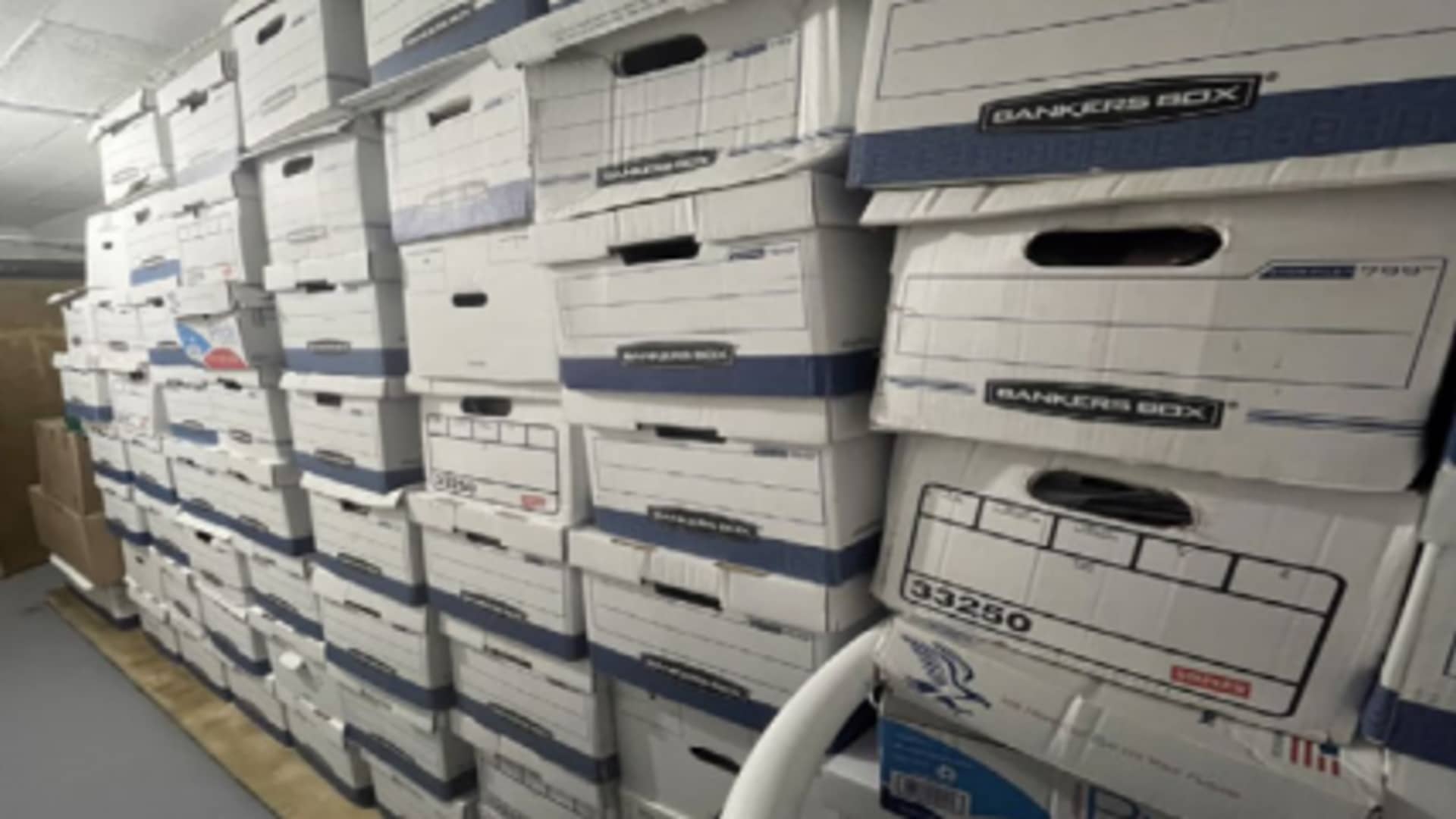
- A Florida federal judge scheduled the criminal trial of former President Donald Trump for his alleged illegal retention of classified government documents to begin Aug. 14.
- But legal experts do not expect the trial to begin so early.
- Trump, who is seeking the 2024 Republican presidential nomination, was indicted this month on more than three dozen criminal charges related to keeping hundreds of classified records.
A Florida federal judge on Tuesday scheduled the criminal trial of former President Donald Trump for his alleged illegal retention of classified government documents to begin Aug. 14.
Watch NBC6 free wherever you are
But experts do not expect the trial to begin nearly so early, given the time needed to resolve complicated legal issues before a jury could hear testimony and be presented with evidence.
Trump, who is seeking the 2024 Republican presidential nomination, was indicted earlier this month on more than three dozen criminal charges related to his keeping hundreds of classified records after he left the White House in January 2021. If the trial date holds, it would come just over a week before the first GOP presidential debate of the campaign.
Get local news you need to know to start your day with NBC 6's News Headlines newsletter.
The 77-year-old has pleaded not guilty in the case.
In the order Tuesday, Judge Aileen Cannon told Department of Justice prosecutors and lawyers for Trump to file all pretrial motions by July 24. Cannon also ordered that all hearings in the case, including the trial, will be held in U.S. District Court in Fort Pierce, Florida.
The case against Trump is occurring in the federal Southern District of Florida, which is known for its so-called "rocket docket," a reference to judges scheduling and pushing for trials to start quickly compared with other federal jurisdictions.

In complex cases, however, it is common for both prosecutors and defense lawyers to agree to ask a judge to delay a trial to give them time to prepare their cases, and to sort out disputes over what evidence can be presented to jurors.
Money Report
Tim Parlatore, a former lawyer for Trump in the case, told Axios last week, "I wouldn't foresee this thing getting tried within a year."
"I can foresee some fairly substantive motions to dismiss" the indictment, Parlatore told that news outlet. "I could also see them going through several discovery motions, and there will be fights over disclosure. I think each round of motions is going to take three months."
On Monday, a federal magistrate judge issued an order barring Trump's defense attorneys from releasing to the media or the public any evidence they obtain from prosecutors in the case.
In an interview Monday with Fox News, Trump excused his failure to give back government records that were sought for months by officials, saying he had to go through boxes containing those documents to remove personal belongings.
"Before I send boxes over, I have to take all of my things out. These boxes were interspersed with all sorts of things," Trump said in that interview.
"I was very busy, as you've sort of seen," he said.






